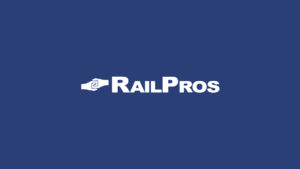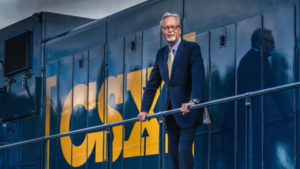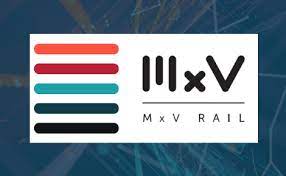Freight forum stokes EJ&E concerns
Written by jroodSquabbling in Congress over how to pay for transportation could mean no federal cash in the near future to fix Chicago's freight train bottleneck, a top official warned, the Daily Herald reports. At a forum on freight rail, representatives from the U.S. and Canadian governments and the business community emphasized that trains are cheaper and more fuel-efficient than trucks to move goods. Transport Canada official Kristine Burr said the public and private sectors were investing $2 billion in freight rail projects there.
"We wanted to make
sure the transportation system is as effective and productive as
possible," Burr said during the event, held at the Union League Club of
Chicago and organized by the Metropolitan Planning Council.
In contrast, U.S. Rep.
Tom Petri, a member of the influential House Transportation Committee, said
federal funding for projects such as CREATE, a program to modernize the
congested rail system in Chicago with improvements like grade separations,
won’t happen anytime soon.
The current surface
transportation act expires Sept. 30. A new $500-billion proposal to be spent
over six years is under discussion but the White House and Senate are pushing a
smaller 18-month version. The problem is, "there’s no consensus on how to
fund it," said Petri, a Wisconsin Republican.
The issue hit home for
Aurora Mayor Tom Weisner and Barrington Mayor Karen Darch, who attended the
forum. Both communities opposed the merger of the Canadian National Railroad
and the smaller EJ&E railway that runs from Waukegan to Gary, Ind. The government
approved the merger and agreed with CN’s contention it would ease freight
problems in Chicago.
Towns along the EJ&E
fought the plan, saying it would increase traffic, delay emergency responders
and cause environmental problems.
The mayors said there was
a disconnect between the government approving the merger but holding back money
to pay for improvements.
"There needs to be
more planning," Darch said. "If you approve a deal making freights
flow faster, there’s got to be planning for the impact on communities."
Petri, however, said
"we need to see progress made in moving goods through the Chicago area.
CREATE is part of that but it’s slow in coming. CN has stepped up to bat to try
and close the gap."
Ron Pillsbury, a vice
president with McCain Foods Ltd. who spoke at the event, said train delays are
costly for everyone.
"It adds costs
getting from Point A to Point B," Pillsbury said. "Ultimately the
consumer pays for it."
CREATE has received about
$220 million in public and private dollars and the state recently committed
$320 million, but the entire project could cost up to $3 billion.
The forum was co-sponsored
by the Canadian Consulate General of Chicago.





